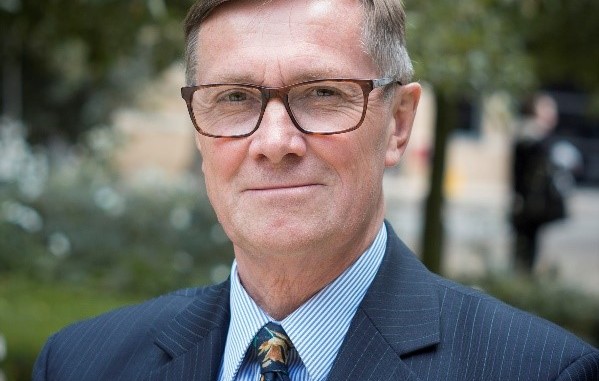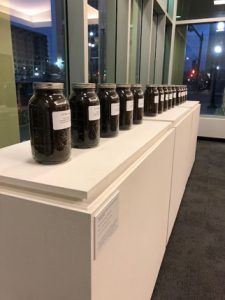
Peter Littlejohns, emeritus professor of public health, Centre for Implementation Science, ARC South London deputy director and leader of public health and multimorbidity theme
In health systems around the world, Health Technology Assessment (HTA) plays an essential role in decision making and informing policy on the use of technologies. It is defined as the systematic evaluation of the “value” of a health technology which could be a pharmaceutical, medical device, diagnostic procedure or clinical, public health and organizational intervention. I was invited by the HTA International Society to present the opening keynote talk at their annual global policy forum which this year was in New Orleans, USA. The 3 day meeting in January had the challenging title of “Deliberative Processes in Health Technology Assessment: Prospects, Problems, and Policy Proposals”. Deliberation can be defined as: “a process allowing a group of stakeholders to receive and exchange information, to critically examine an issue, and to come to an agreement which will inform decision-making.” There is however no consensus on how this can best be achieved in health and social care. A blog by Daniel Ollendorf, the organiser of the forum describes why the issue needs to be explored.
I was invited because they were interested to hear about my experiences initially at NICE, but more importantly, the new research developments around social values that have been undertaken with CLAHRC South London and now ARC funding on fair prioritisation processes and how you can support multiple stakeholders make difficult decisions.
In preparation I had illuminating discussions with Dr Sarah Markham, a pure mathematician, visiting researcher to the IOPPN and lay member of the BMJ advisory committee and Dr Clare Coultas, an ARC funded ethnographer, both of whom are very interested in how decisions are made (albeit from very different perspectives). My talk entitled ‘Through a glass darkly’ described a 20 year journey through these complex issues. Other speakers included Dr Carleigh Krubiner from the Centre for Global Development describing how these type of principles were being applied in South Africa and Professor Julia Abelson from the Department of Health Research Methods, Evidence, and McMaster University on the important role of patients in this process.
The aim of the forum was to take the multiple deliberative frameworks from around the world and distil them into a short easy to use tool for application globally. It was impressive how much progress can be made by 80 people representing countries from all over the world, including China and Russia, debating in a “safe environment” covered by Chatham House rules. Myriad values and principles were distilled into just three: openness, inclusivity and impartiality. A final report and recommendations will be made available and presented at the main HTAi conference later this year in Beijing (latest global public health challenge allowing).
The first session was a global “stocktake” exploring what “kept people up at night”. While strictly speaking just about HTA it could also be applied to EBM and implementation science – the most common worry being the” need to advocate for Evidence-Informed Decision Making in uncertain political times”
While HTA is often considered to be dominated by assessment of expensive novel drugs it can also be applied to public health and it was refreshing to see that the “social “ activity of the forum took us on a visit to Tulane University and the first designated “School of Culinary Medicine”. Located in the heart of the community in a deprived part of the city, medical students are encouraged to cook and eat healthily and learn how to effectively discuss a good diet with their patients. The evaluation of this approach shows it is having an impact. We also heard from Dr Alex Billioux, Assistant Secretary of the Louisiana Department of Health, how the local Public Health Department of New Orleans was seeking to make Louisiana free of Hepatitis C by 2030. It is intriguing to see how these public health initiatives have to be especially innovative in a non national health system and where the pharmaceutical industry is such a dominant player. Besides life-style and infectious disease the other big public health challenge – the physical environment was addressed in the foyer of the School of Public Health and Tropical Medicine with an exhibition describing the local community’s battle to relocate from a housing estate built on polluted land. It was summarised in an installation art piece called “Altar to the Ancestors”

Of course New Orleans is most famous for its Mardi Gras festival and jazz – the preparations for which were apparent through out the French quarter when I was there.
However, the jazz venues were more than dominated by the number of bars along Bourbon Street. It reminded me of Clapham high street but with better music. One can add abuse of alcohol to the local public health challenges which shows that urban health challenges are similar throughout the world. We can all learn from cross-cultural comparison and collaboration.
I am writing this in the Louis Armstrong International Airport preparing to come home, with mixed feelings – returning to a post EU UK, but at least we have an exciting new ARC programme to look forward to.


Leave a Reply